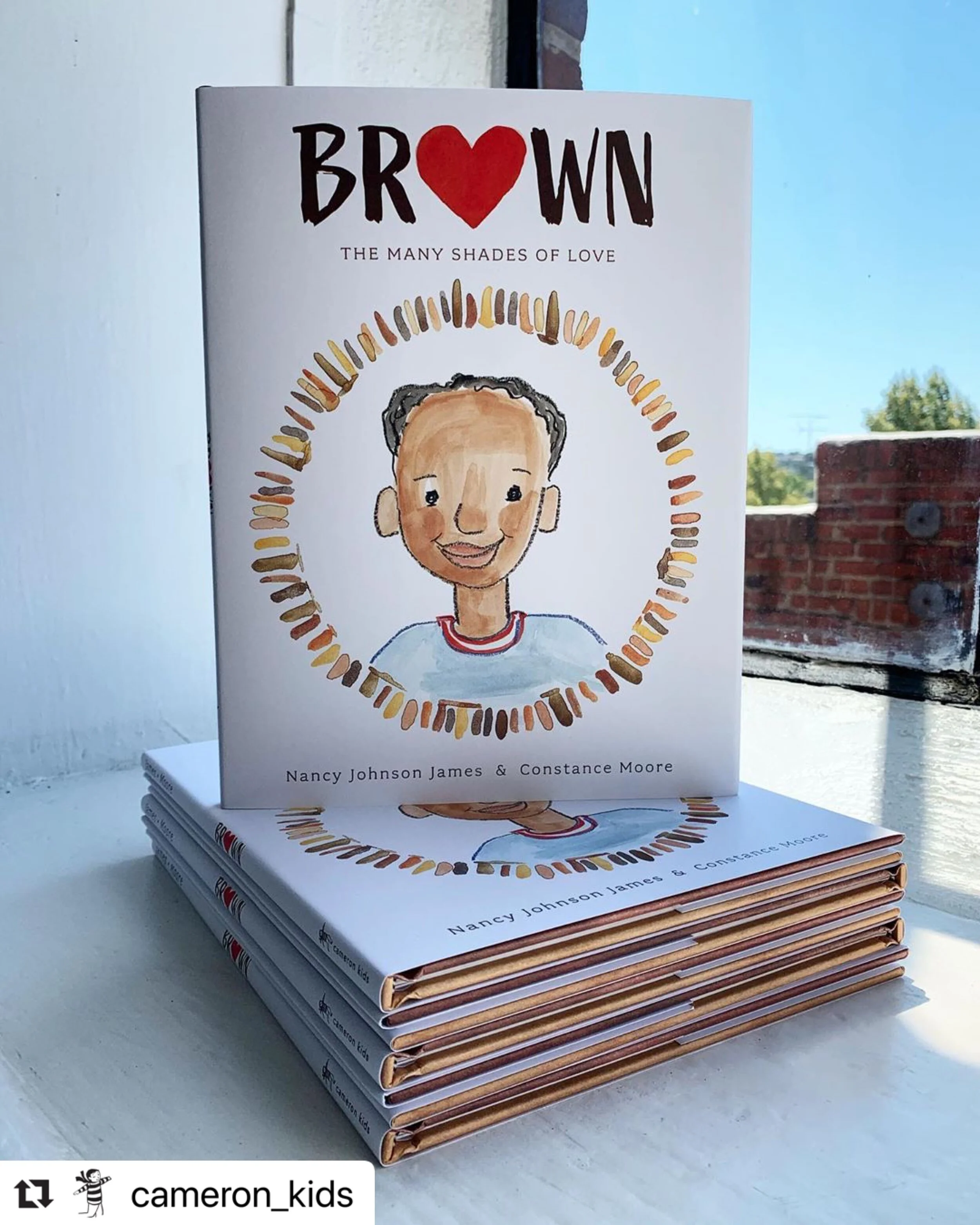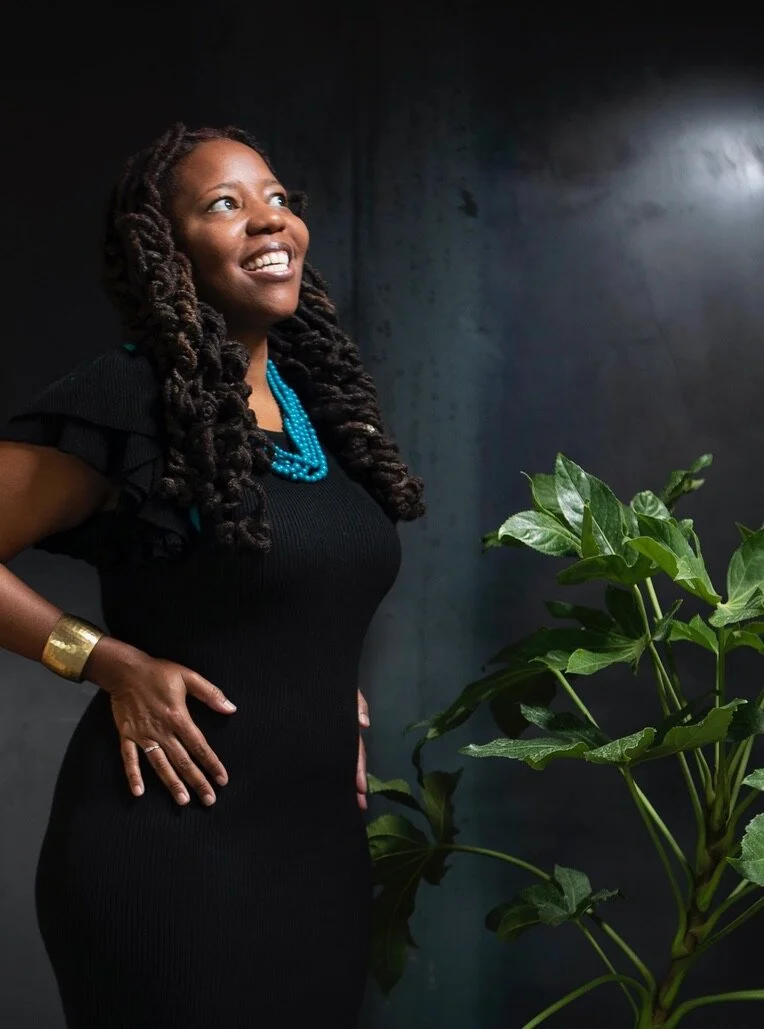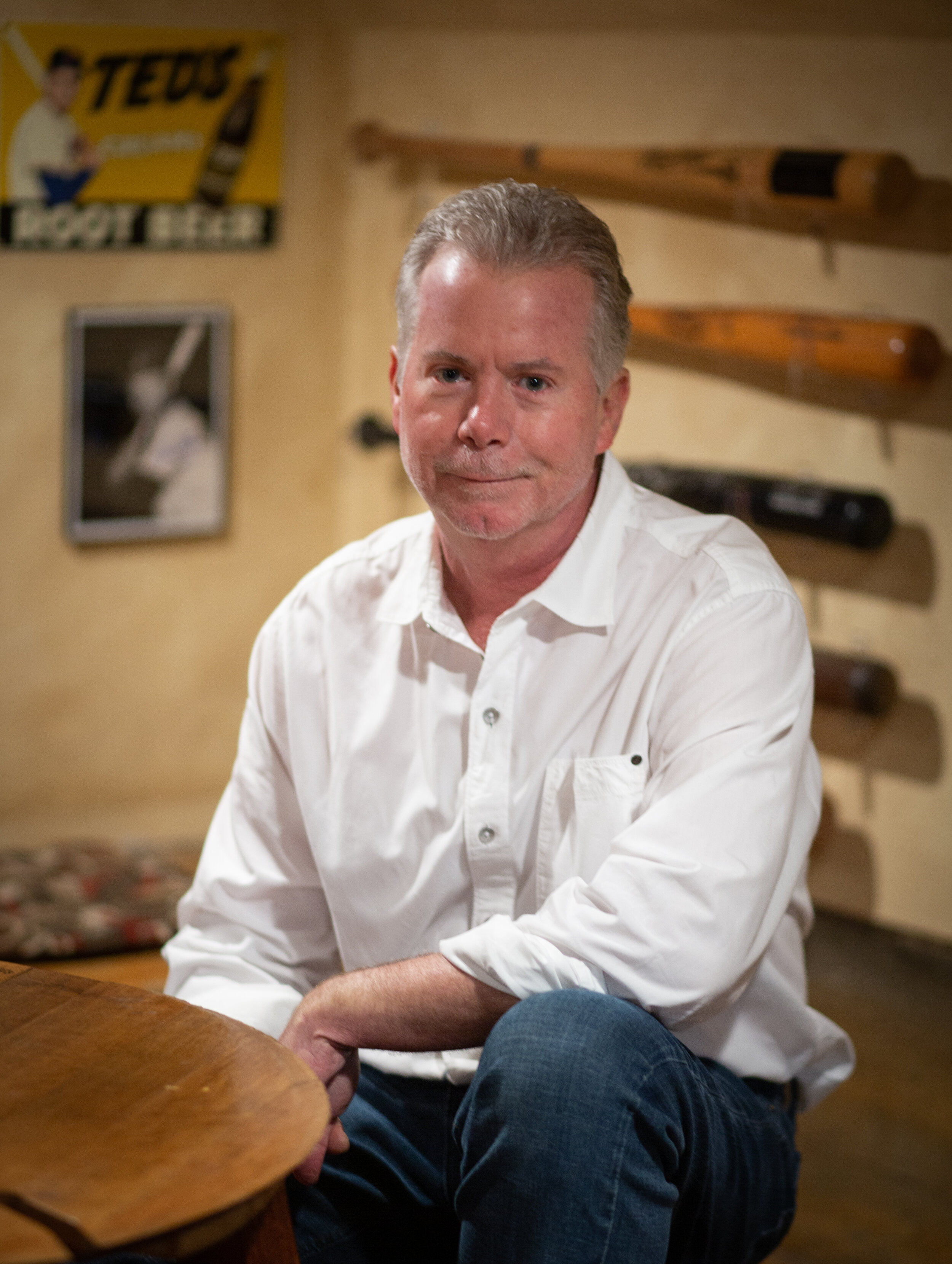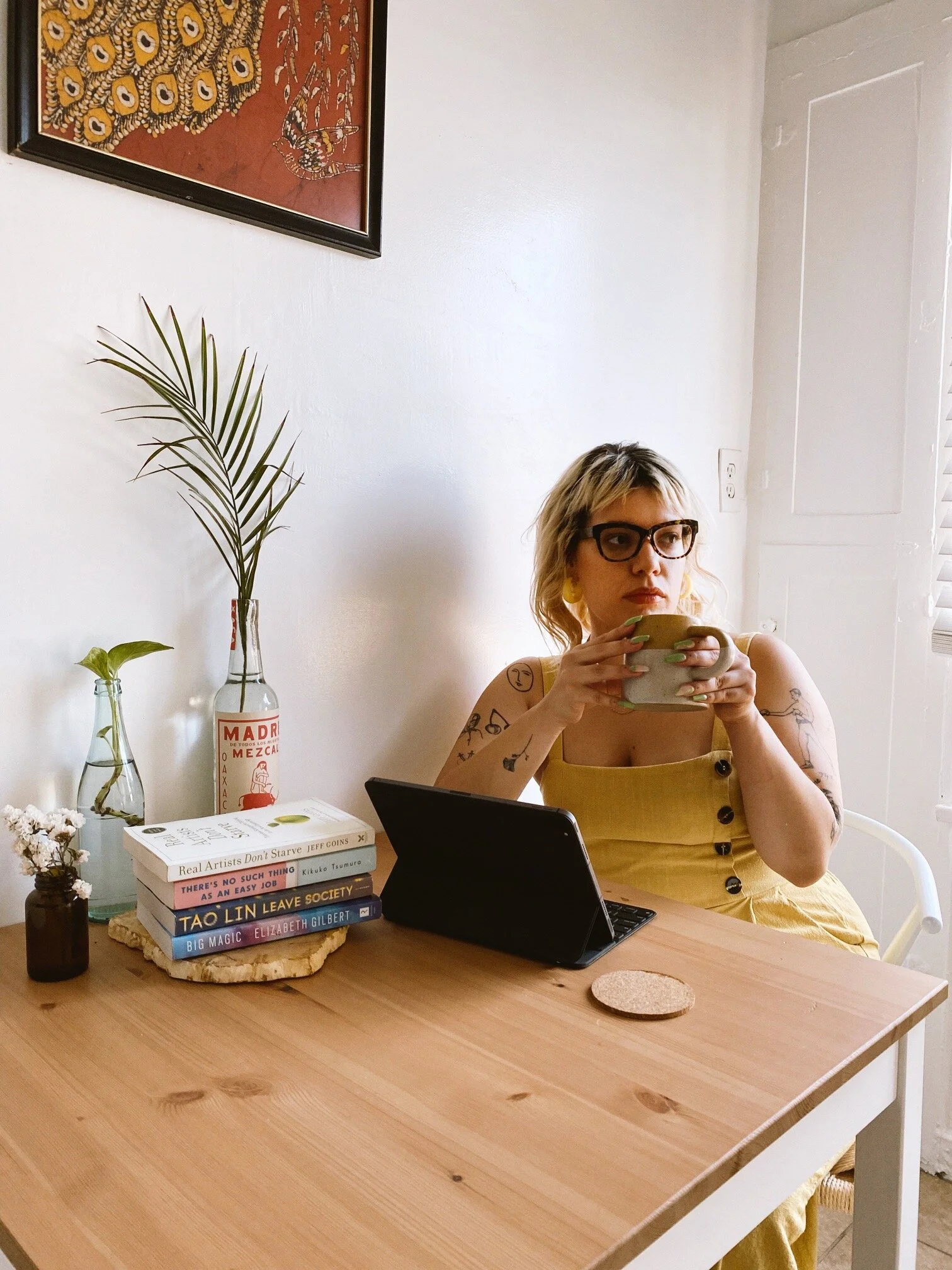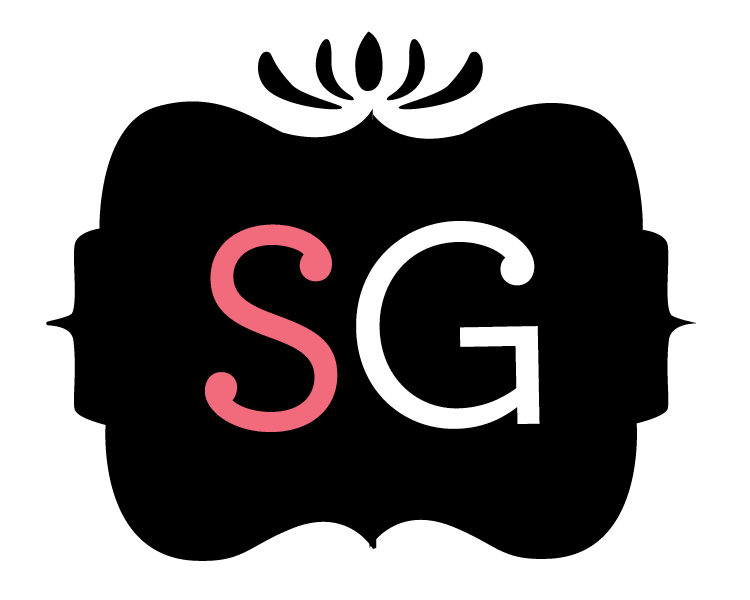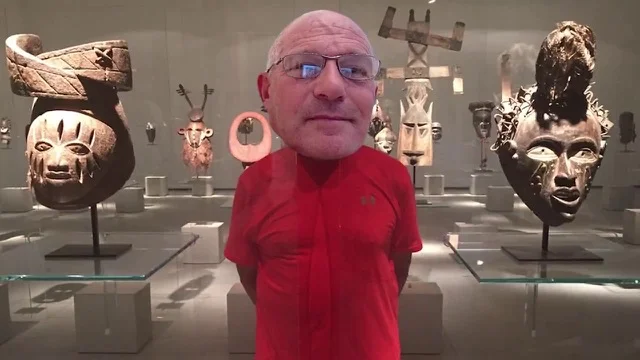Trans Adventure: Interview with Norma Posy
Eighty years old, in unreasonably good health, and proud of it, Norma Posy says she’s always been of two minds: one analytical and one creative. She describes a frustrating life during which she earned her undergraduate degree in electrical engineering and a graduate degree in physics. Then, after retiring from the engineering biz, she transitioned from male to female.
“My primary emotion was one of profound relief,” she says of the life change. Next, she found herself on the lecture circuit, giving presentations on the transgender experience to college classes, hospital employees, and law enforcement professionals. People would approach Norma after her presentations, some with tears in their eyes, and tell her she should write her story. She did so in a memoir, and then moved on to write a novel, Side Pocket, which is one of the finest novels I've ever had the joy of reviewing.
Kristy Lin Billuni: Tell us first about your memoir.
Norma Posy: I sat down and wrote a 14-page poem. In complete ignorance about publishing, I sprinkled my poem around to various magazines and book publishers. I got some very encouraging letters back. The New Yorker pointed out the obvious: 14 pages is way too long for a magazine and way too short for a book. Then, a lesbian press from North Carolina laid a challenge on me. "Expand to at least 20,000 words, and we'll talk."
The result was Norma's Voice. The manuscript took first prize at the 2006 San Diego Book Awards. Wearing a red "power suit," I stood on their stage and bawled my eyes out like Miss America.
KLB: That's a great story. And now you have just published Side Pocket.
NP: Yes, smitten by the writing bug, I joined a writers group. I took a little piece out of Norma's Voice and turned it into a full-length fictional novel of about 74,000 words. Side Pocket is the story of a lesbian couple whose relationship is stressed by the murder of a transsexual friend. The novel is a contemporary story. I guess you would call it an adventure story. It explores gender fluidity and homophobia as Maggie and Moe track down the killer. The book is set in the pool hall culture, "Side Pocket" being the name of their pool hall. My writers group tells me that parts of the story are hilarious and entertaining, unexpected in a murder/thriller/mystery/adventure story. The book is now available on Amazon, both in paperback, and for the Kindle.
KLB: I agree with your writers group! It is funny and poignant, and it's a great adventure. Can you tell me a little about your process when you write? Do you begin with pen and paper or at a computer screen?
NP: I just finished reading How To Write Killer Fiction by Carolyn Wheat. She talks about the various ways people actually produce their manuscripts. Looking back on my creative process, I can see that I fit into her "story book" category. I had to make a decision: Is Side Pocket to be a murder mystery featuring a lesbian couple, or it is to be a lesbian story with their relationship stressed by the murder of a friend? I rearranged the manuscript flow too many times and finally sat down and built myself a flow chart. Whenever I discussed the flow chart with my writers group for a few weeks, we reorganized it over and over. Then I made a decision. Side Pocket is not a mystery. The reader knows early on "whodunnit." Side Pocket is a contemporary adventure. I had some difficulty handling character back stories. The flow chart helped a lot. I do all my actual writing on a computer. Sometimes the words just flow, I know not from where. Sometimes it is a struggle, but I write anyway. It can be fixed later. Research is important for authenticity. No, you can’t have a birthday party at the visiting room of a jail for a friend behind bars. I had to rip that out of the manuscript. Which brings up a point: an author must not fall in love with her words. You have to be willing to go at your lovely creation with a pickaxe.
KLB: Sounds like community is a big part of your process. Can you tell me more about how your group supports you? How often do you meet? What is your system?
NP: A writers group should not critique what you write, but how you write. Not all writers groups are created equal. My first try at this did not fare well. They critiqued what I was writing. I am sure it disturbed them. Then I found my current group. Some of them have been published. Some are retired professionals, newspaper editors, english teachers, and the like. Members are protean. Poetry, Steampunk, occult, history, whodunnits, and personal memoirs all are presented in session for critique. Wednesday morning at my group is the high point of my week. One elderly woman is getting her childhood in London during the WWII blitz down on paper. I'm glad she is doing that, for it should not be forgotten.
KLB: There’s something so profound about interaction for writers. We crave heavy engagement. As you know, I use sexual metaphor and innuendo when I teach writing. I think writing is a lot like sex in a lot of ways. What do you think? How are writing and sex alike?
NP: I'm no psycho-analyst, but I do sense an emotional pleasure during the creative process that is akin to sexual relief. It’s something to do with endorphins I suppose, but others may know more about that than I do. All I know is creative pleasure. There is sex in Side Pocket, of course. I believe I handled it with sensitivity. Side Pocket is not pornographic. There is one scene, however, of an attempted rape during an abduction of one of the women. The scene is bloody, but somehow I managed to get Moe (the abducted woman) out of trouble while bringing my writers group into a state of absolute helpless laughter!
KLB: I can't wait to re-read that scene!
The Sexy Grammarian meets amazing writers wherever she goes. Her dad, editor Dennis Billuni, introduced her to Norma Posy after the two of them met in a writing class in San Diego. Do yourself a big favor and buy her queer adventure novel Side Pocket right now. To meet more writers in social media, follow The Sexy Grammarian on Facebook or Twitter.

